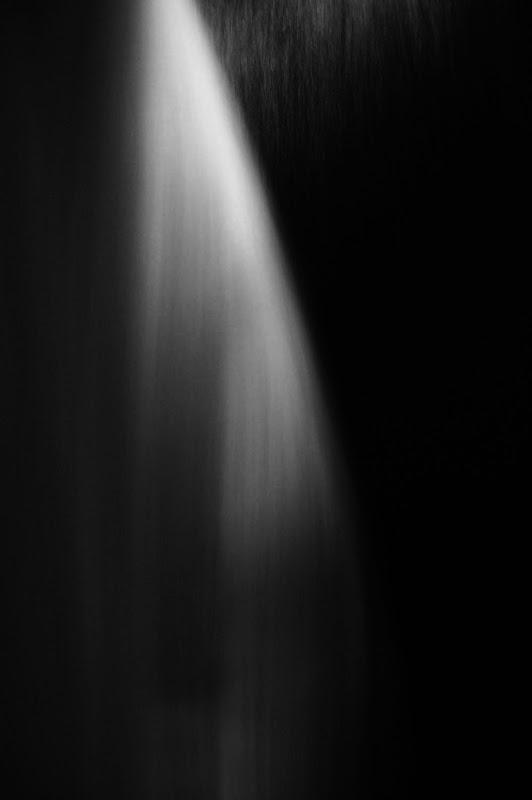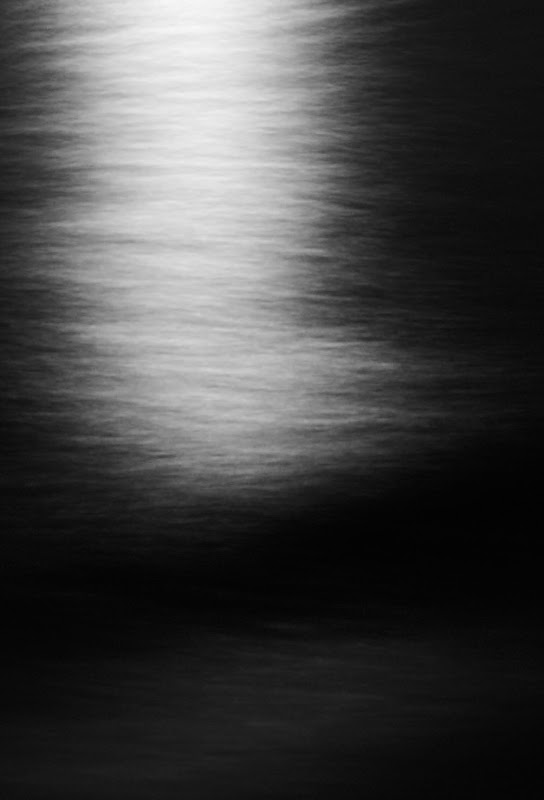The Japanese Haircut - far more than mere depillation.
Enter the shop, and, like a smart sushi restaurant, the barbers greet customers with a bright barrage of shouted politesse.
Placed in a chair, and the discussion begins. And soon stutters.
me: "Er, short please."
him: "[unintelligible reply]"
me: "Er. But not too short."
him: "[unintelligible reply]"
Resigned to my fate, I sit back and watch his every snip, eagle-eyed for signs of excessive enthusiasm.
But he keeps his zealotry in check, and even allows my sideys to remain. I ask for a shave as well, the cut-throat razor appealing to my bo-ho tendencies.
A hot towel wrapped around my jowls, I lie back in heated bliss, before my cheeks are lathered with the matronly firmness of a practised hand. Stubble is scraped from my jaw, my cheeks, my neck. As the barber negotiates my adam's apple, I politely ask Sweeney Todd to stop appearing in my mind.
And then he lifts the blade high, too high. Aghast, I realise his intent. He plans to shave my forehead.
My English sensibilities affronted, I shrink from the knife, and squirm out a 'No! No thank you!'
I assumed that such an eccentricity was a recent trend among the fashion-conscious Japanese males - surely people in the past weren't that silly.
Then I found this reference in the Japanese journals of Joseph Campbell, American writer famous for his work in the field of comparative mythology:
"I went for a haircut and since I could not direct my barber in Japanese had to submit to what happened. I found that when a Japanese has a shave the entire face, forehead and all, is shaved. I saved my forehead, but that was all." Tokyo, May 17th, 1955
It's strangely comforting to know that the Japanese male continues to prefer his brow bald, and occidental menfolk continue to fight to preserve that pasture unharvested.
Though one question remains;
why do Japanese men want it shaved? Cultural difference, or racial variation. Could there be more fur on the oriental brow?
Thoughts please.
The haircut in question...
Before - the tousled sheep look:

After - shorn like a mewling lamb:

I mourn my lost locks.





























 The rainy season has begun.
The rainy season has begun. It is in the July/August edition of SONGLINES, Britain's leading world music magazine.
It is in the July/August edition of SONGLINES, Britain's leading world music magazine. After - shorn like a mewling lamb:
After - shorn like a mewling lamb:







 This is Kayo Noro.
This is Kayo Noro. And this is Aika Ohta.
And this is Aika Ohta.







